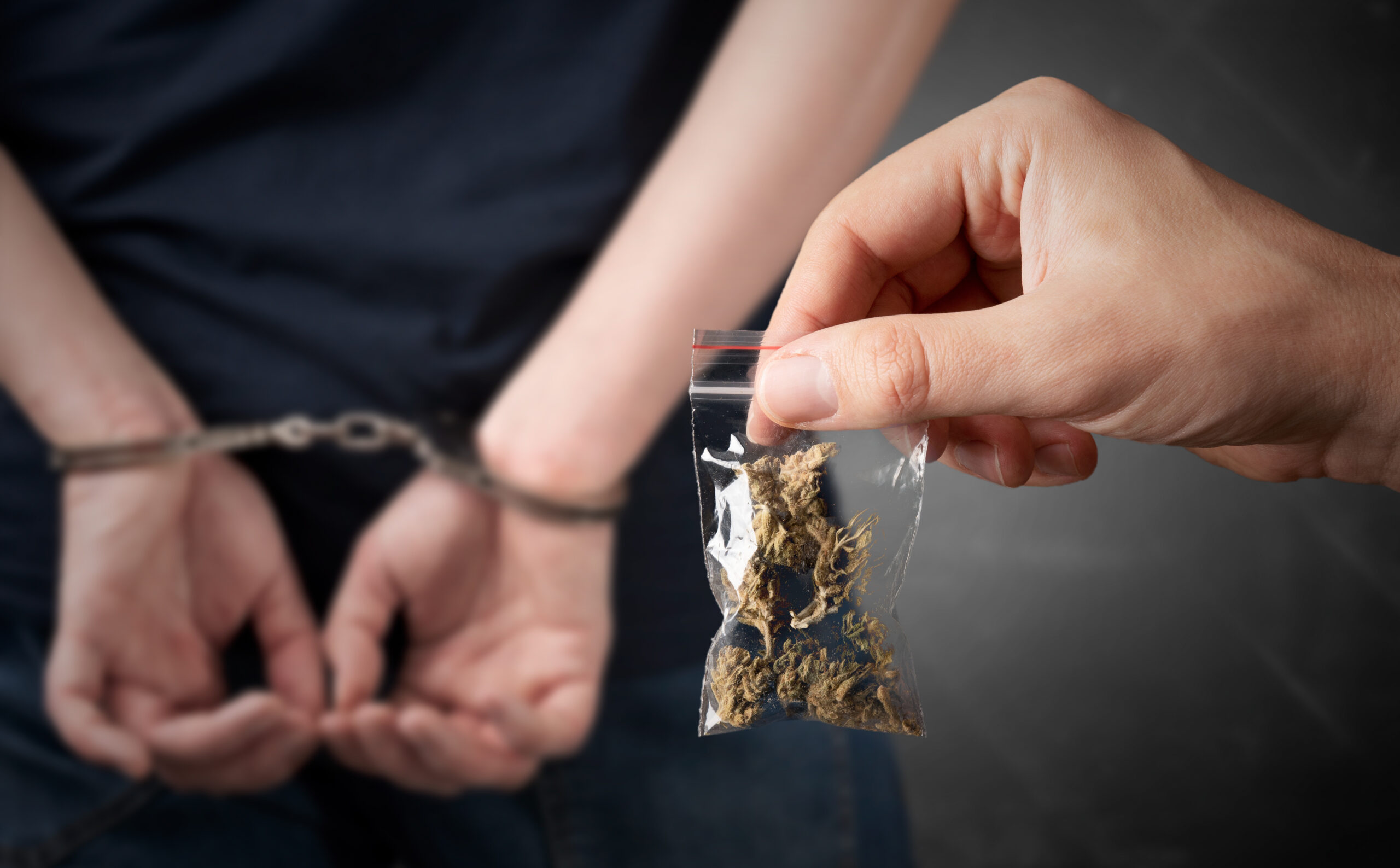Oftentimes, when a person is charged with a crime, someone else is indicted as well. When a person charged with a crime has a co-defendant, the prospect of one or another of these individuals cooperating with law enforcement or the prosecutor becomes a stark reality.
A person charged with a crime needs to understand what is involved in testifying or otherwise providing evidence against a co-defendant. There are distinct plusses and minuses to this process.
Agreeing to Testify for Lesser Penalty
At the heart of any agreement to testify against a co-defendant usually is an agreement by the prosecutor to recommend or otherwise agree to lesser penalties being imposed on the cooperating defendant. In fact, this is the standard quid pro quo when it comes to co-defendant testifying against his or he so-called alleged partner in crime.
A criminal defendant who agrees to testify against a co-defendant needs to keep an important factor in mind. The court does not need to accept any agreement reached between the prosecutor and defendant, even when that agreement is made because the defendant cooperated. In most cases, the court will follow the recommended sentence under these circumstances. But, again, no Pennsylvania judge is legally bound to do so.
The Bigger Fish
In many cases, there is a bigger fish defendant that the prosecutor wants to convict. In such instances, the prosecutor will be most interested in obtaining testimony or other evidence for a co-defendant.
There are other cases in which both defendants are essentially equally culpable to the alleged wrongdoing. In these types of cases, cooperating with the prosecutor can be something of a race. In other words, whichever defendant gets to the prosecutor first is likely to be the one to get the deal.
Do Not Cooperate Without Legal Counsel
Before a criminal defendant agrees to assist the prosecutor in a particular case, it is necessary for that individual to obtain legal advice from an experienced Pennsylvania criminal defense attorney. A criminal defendant should never approach the prosecutor, or agree to meet with the prosecutor, to work out some kind of deal in exchange for testifying against a co-defendant. Taking such a course can – and usually does – have seriously negative consequences for an unrepresented defendant in a criminal case.





